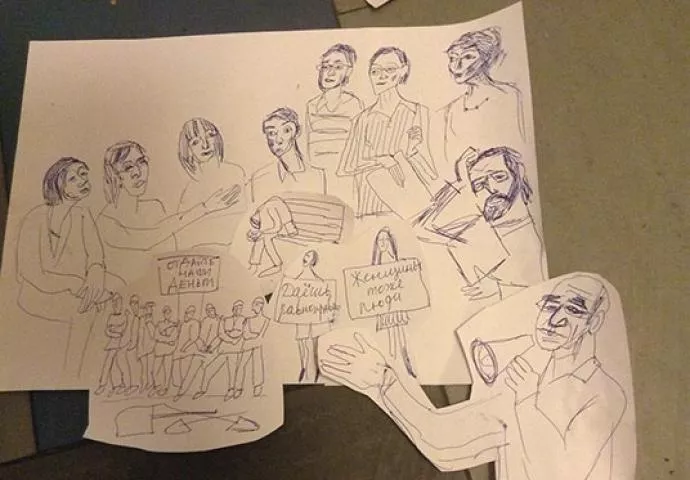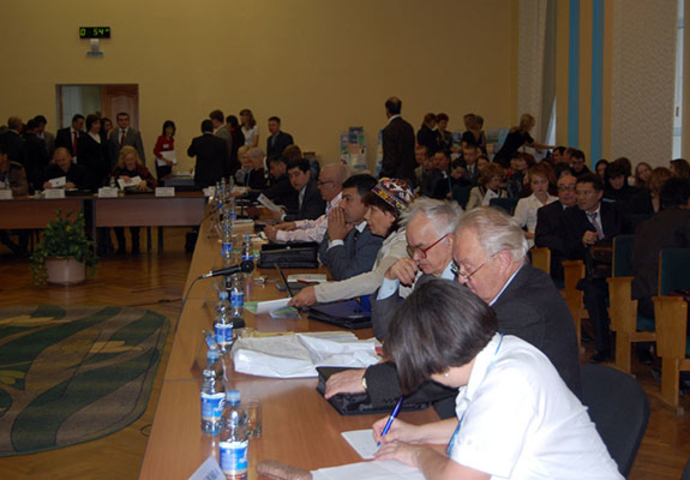
Public Sociology in the Russian Context
In this piece, we discuss the challenges facing public sociology in today’s Russia. The underlying question we address is: What can we say of professional commitment in a political regime whose name is still to be found? We are currently living the real dystopian nightmare of the “special military operation” – the war in Ukraine – and here we describe its effects on sociology in statu nascendi. We refer to the discussions...


